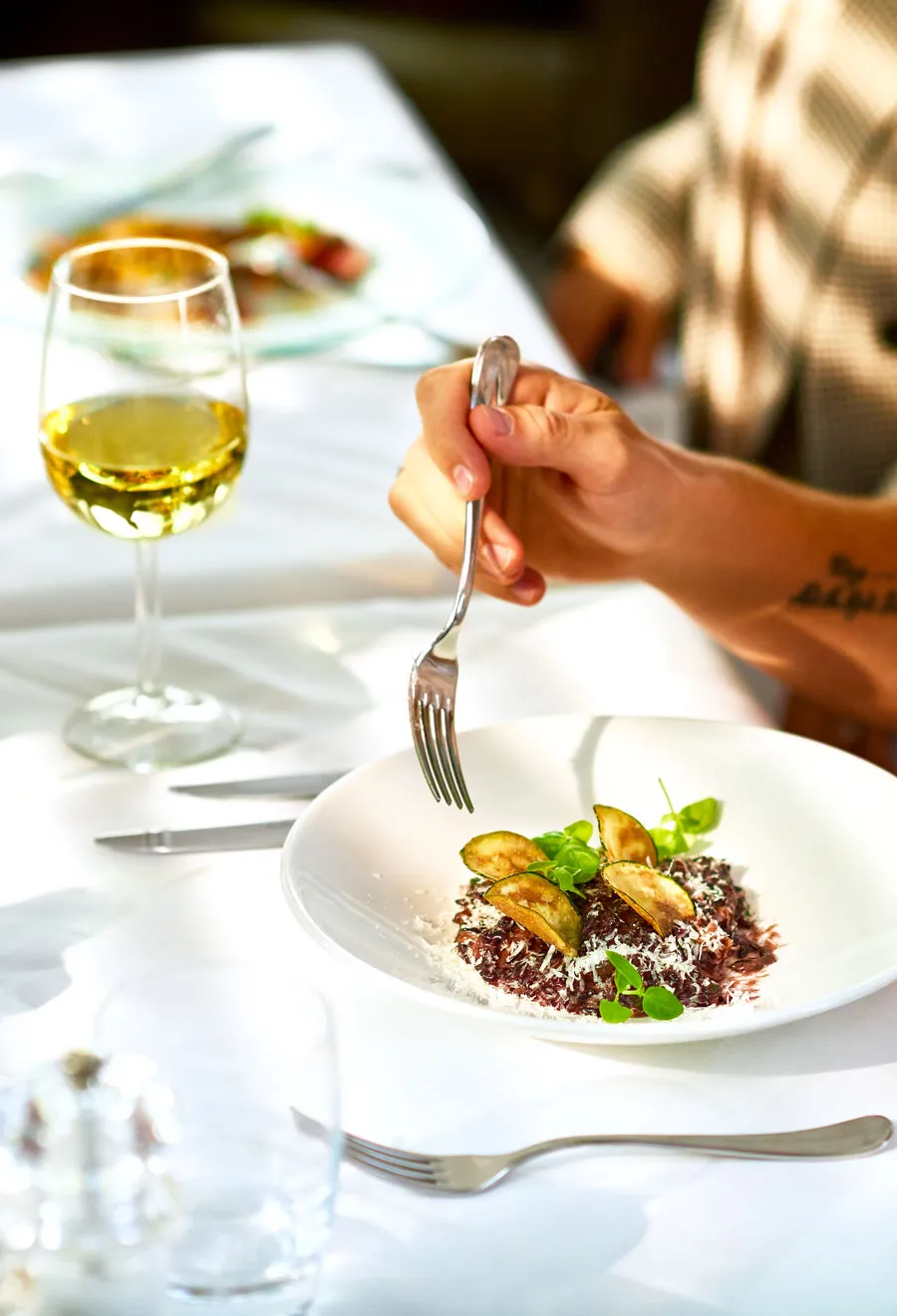France and fine dining are practically synonymous, but that doesn’t mean you need to seek out high-end restaurants to have a good meal in Paris. Quite the opposite, in fact, as excellent food is everywhere, from streetside cafés to casual bistros and bustling brasseries. Along with how seriously they take food, the French also have a number of unwritten but deeply ingrained etiquette rules as to the dining experience. Here are six dining do’s and don’ts to learn before your next trip to Paris.
Don’t: Expect an Early Bird Special
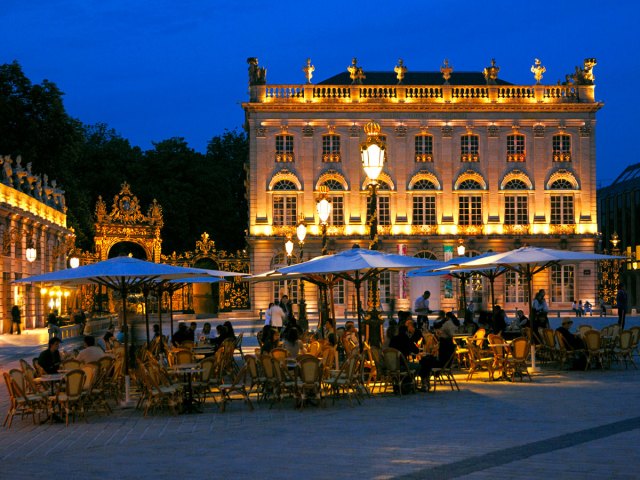
Like in many European countries, people in France tend to eat late. Many restaurants will close for a few hours between lunch and dinner, so plan accordingly and don’t expect to have your final meal of the day any earlier than 7 p.m. (or, as the French like to call it, 19:00). Dinner tables at most restaurants in Paris start to fill up between 8 p.m. and 9 p.m., but many kitchens are open later into the evening.
Do: Take Your Time
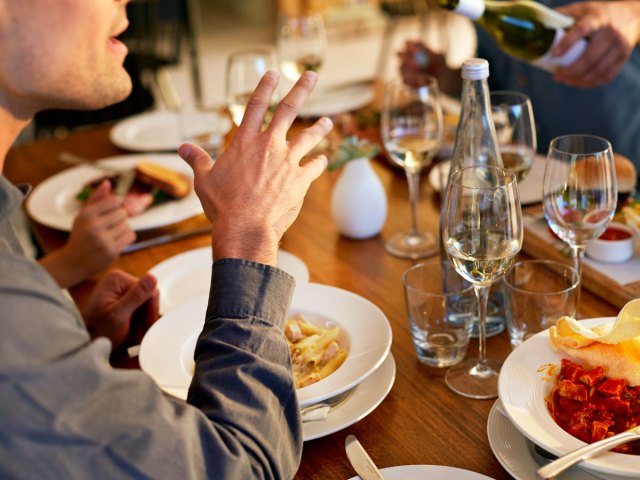
Unlike as is often the case in the U.S., eating out is a leisurely affair in France. Your waiter might not check on you as often, but don’t interpret this as rudeness. They simply don’t want to rush you, as quick turnover isn’t as high a priority as it would be at a busy chain stateside restaurant. You’ll get used to it quickly, though, as it allows you to savor every aspect of your meal — including the social aspects, which some might consider just as important as the food.
Don’t: Tip
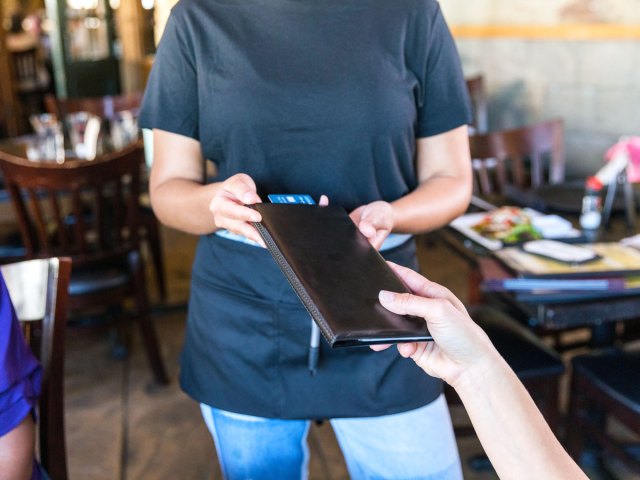
It isn’t just Americans who think American tipping culture is out of control. Most Europeans tip far less, if they tip at all. France falls into the latter category. It’s considered unnecessary, as waiters take home higher wages and don’t depend on gratuity, and French restaurants, bars, and cafes must legally include a 15% service charge (service compris) on all bills. Adding a small additional tip isn’t out of the question if you receive truly exceptional service as part of a great meal, but you shouldn’t feel obligated.
Don’t: Expect To Take Home Leftovers
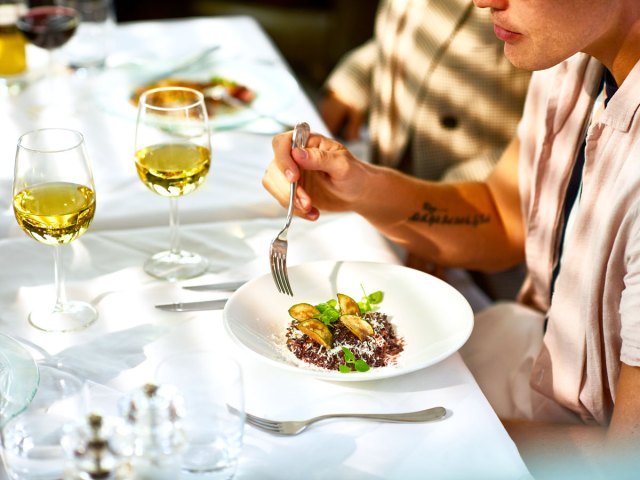
French restaurants are now required by law to give customers to-go boxes when they request them, so taking home leftovers is becoming somewhat more acceptable, but it’s still not a common practice in France. That’s partly because portion sizes are smaller than they are in America, and most diners finish their meals (or at least come close). Some may still consider the practice inelegant, so it’s best to skip the doggie bag after your meal.
Do: Greet and Thank Your Waiters in French

If you don’t feel comfortable putting your high school French to the test while dining out in Paris, fear not — many servers will speak enough English for you to not worry about ordering in a language you can’t speak. Still, a little courtesy goes a long way. Greeting your waiter (and just about everyone else) by saying “bonjour” (“hello”) or “bonsoir” (“good evening”) will be appreciated, as will saying “merci” rather than “thank you.” They’ll know from your accent that these two words are probably the extent of your French ability, but it’s considered a nice gesture nevertheless.
Don’t: Expect Milk Alternates at Cafés
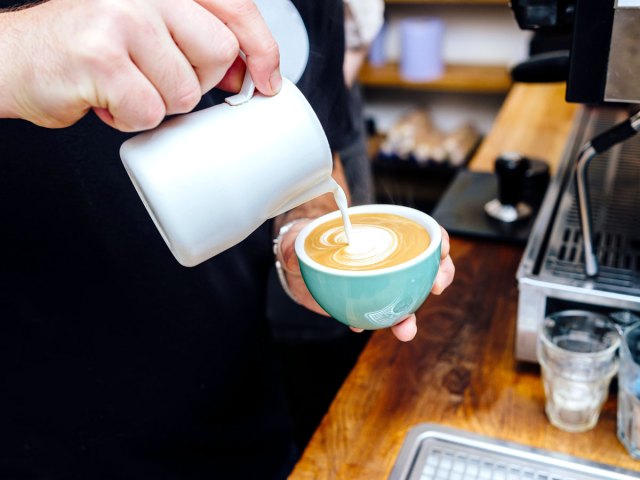
Over the last few years, the anecdotes have become more common: An American asks for oat milk with their latte at a Parisian café and is met with confusion (or worse). French food is pretty dairy-forward — think of all that fromage, not to mention buttery croissants — and most Parisians still pair their coffee with actual milk instead of the oat, soy, or almond varieties. However, dairy substitutes are (slowly) popping up more and more in Paris, particularly with younger generations.
More from our network
Daily Passport is part of Inbox Studio, an email-first media company. *Indicates a third-party property.






